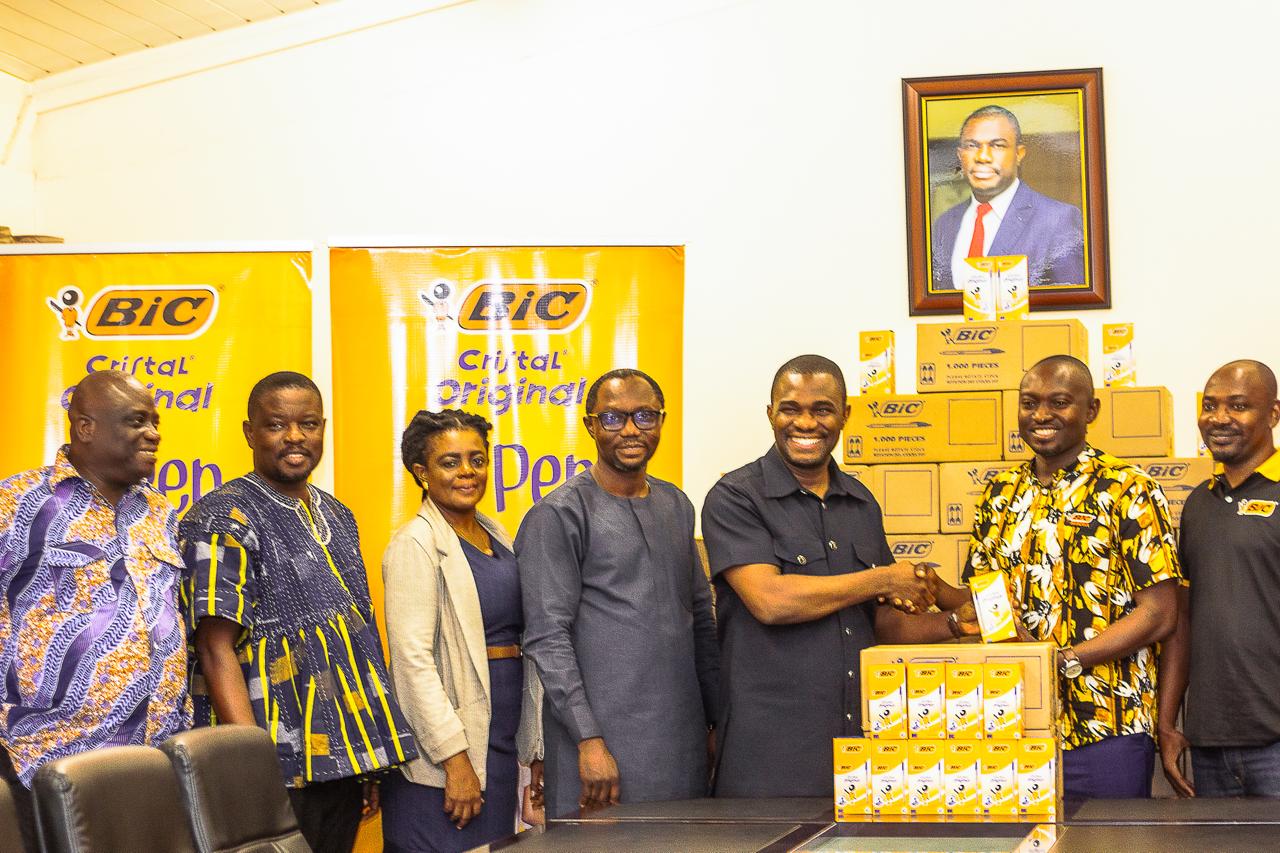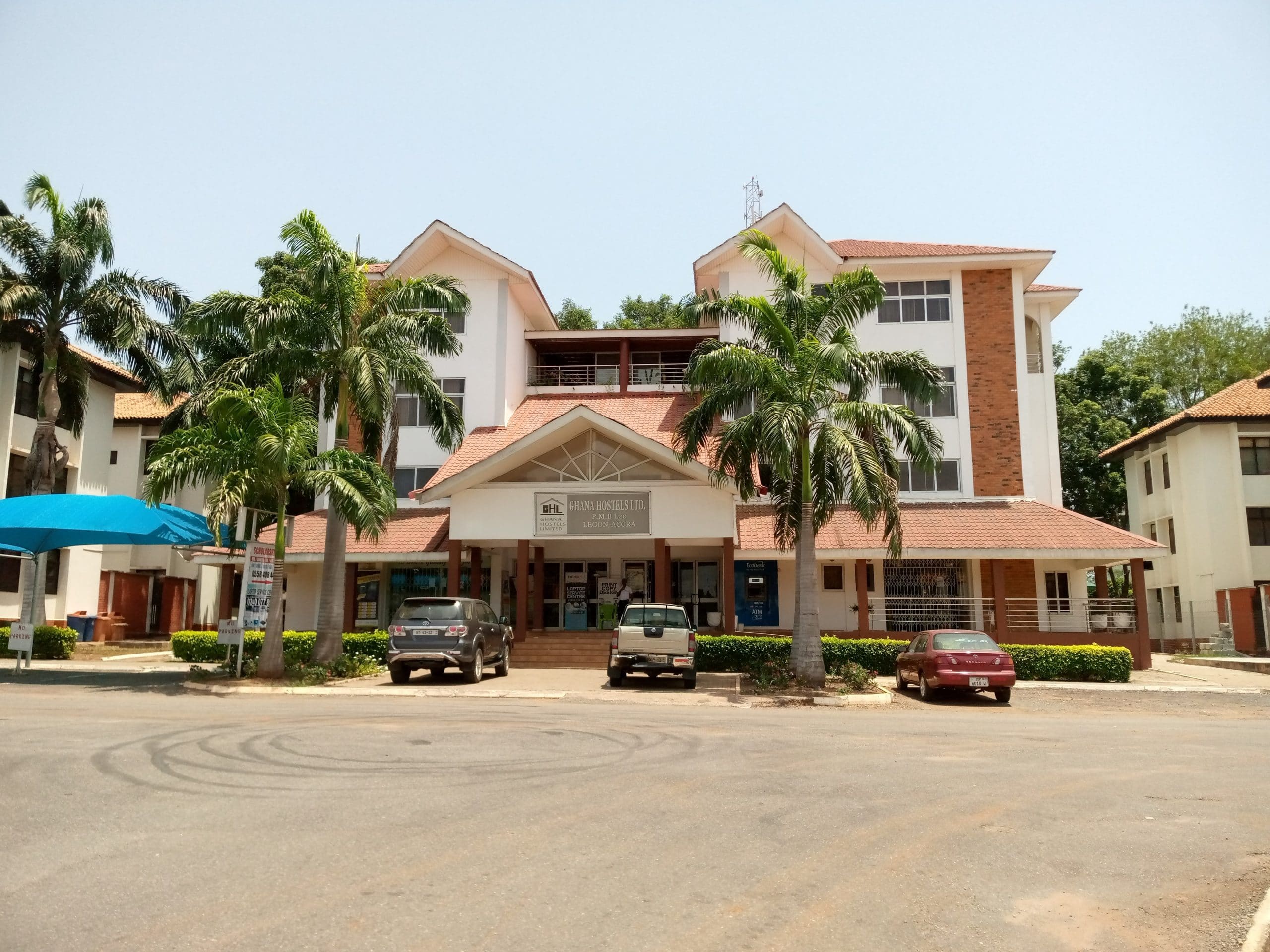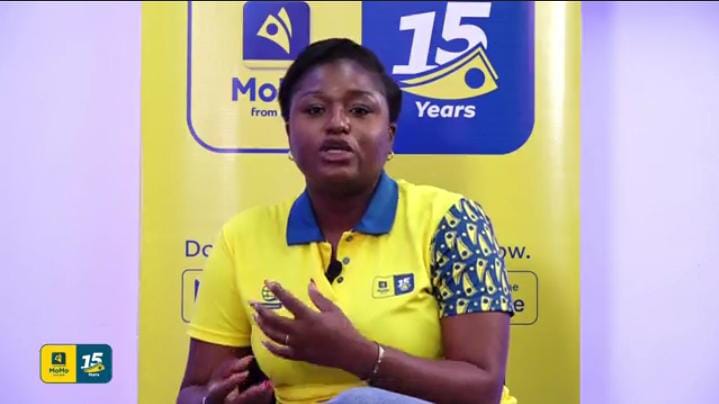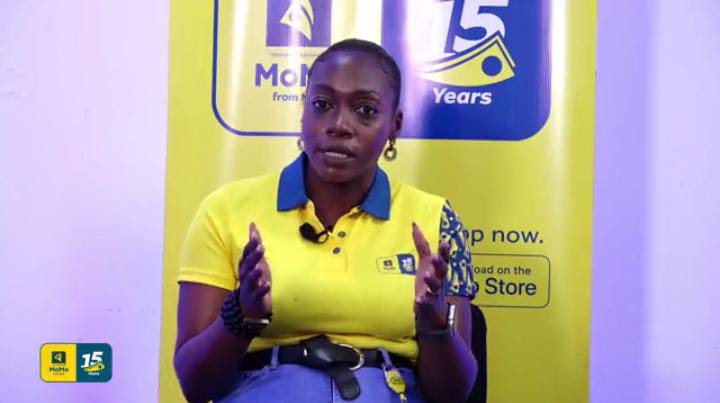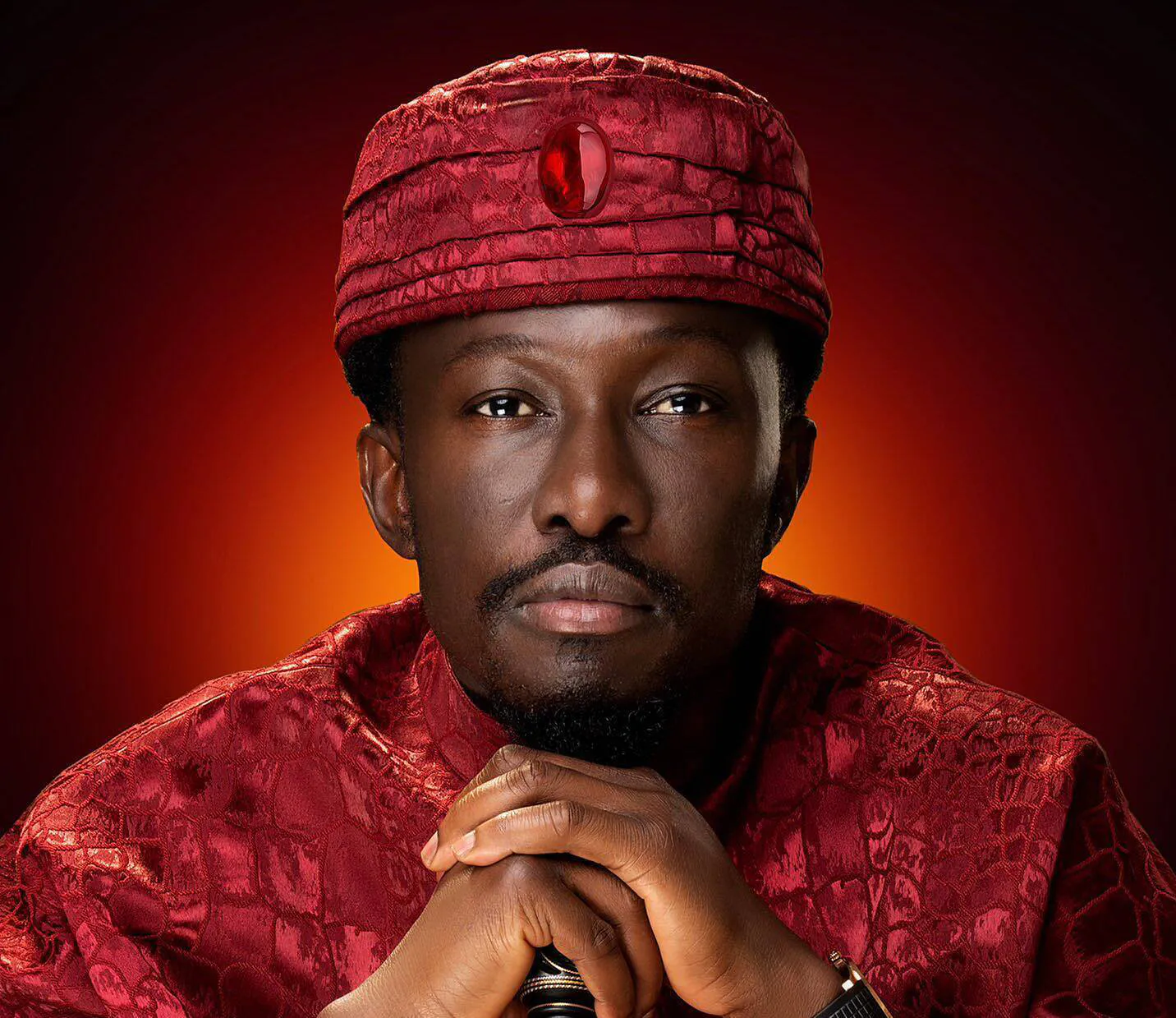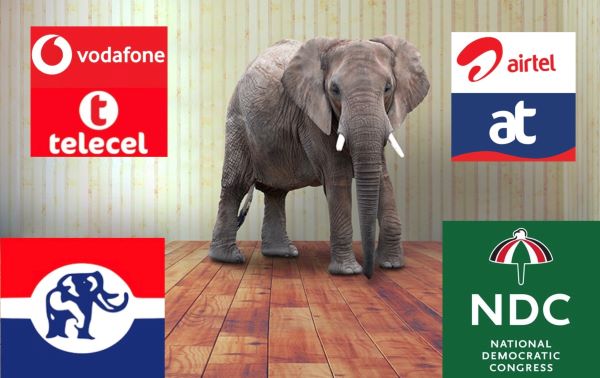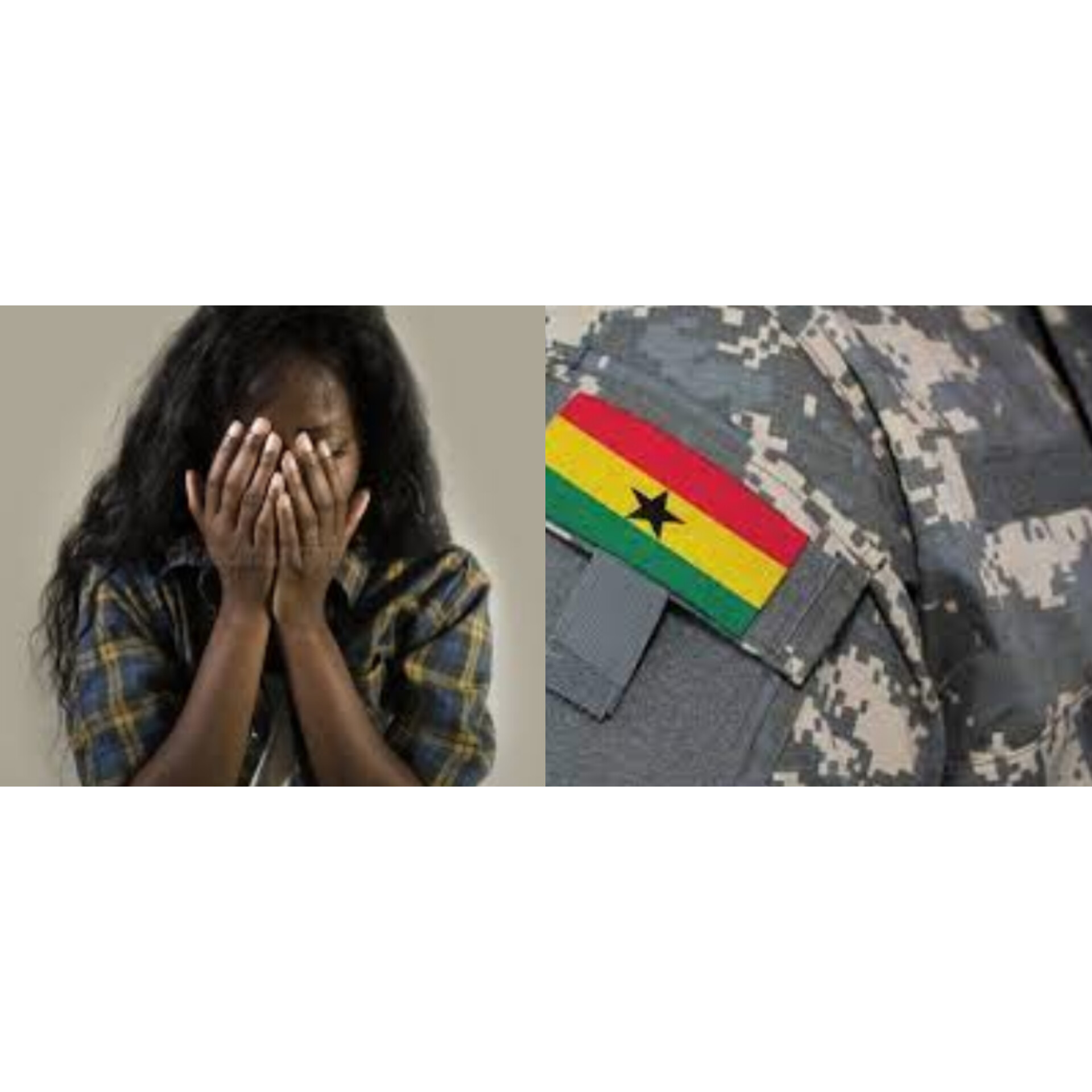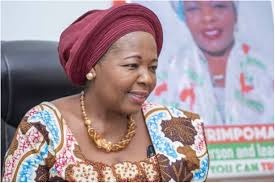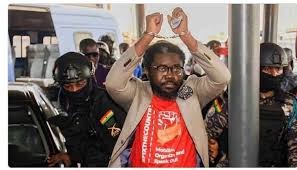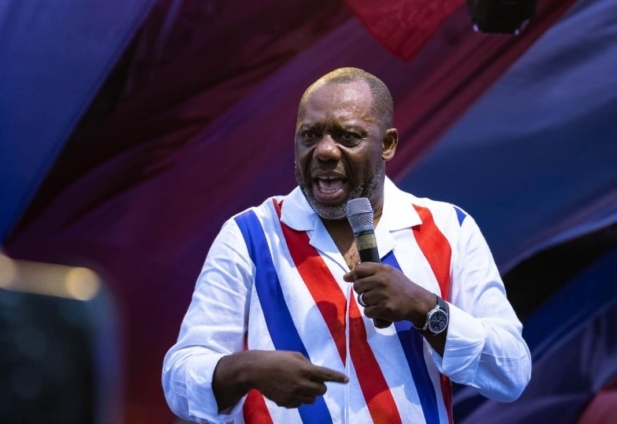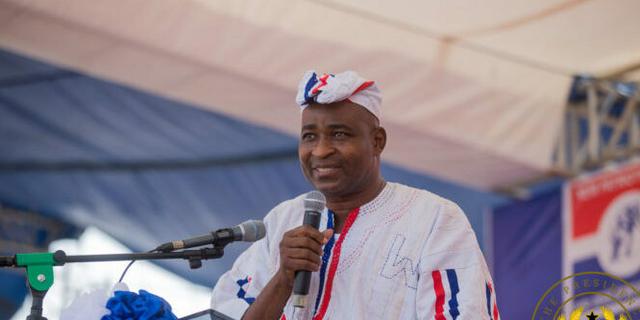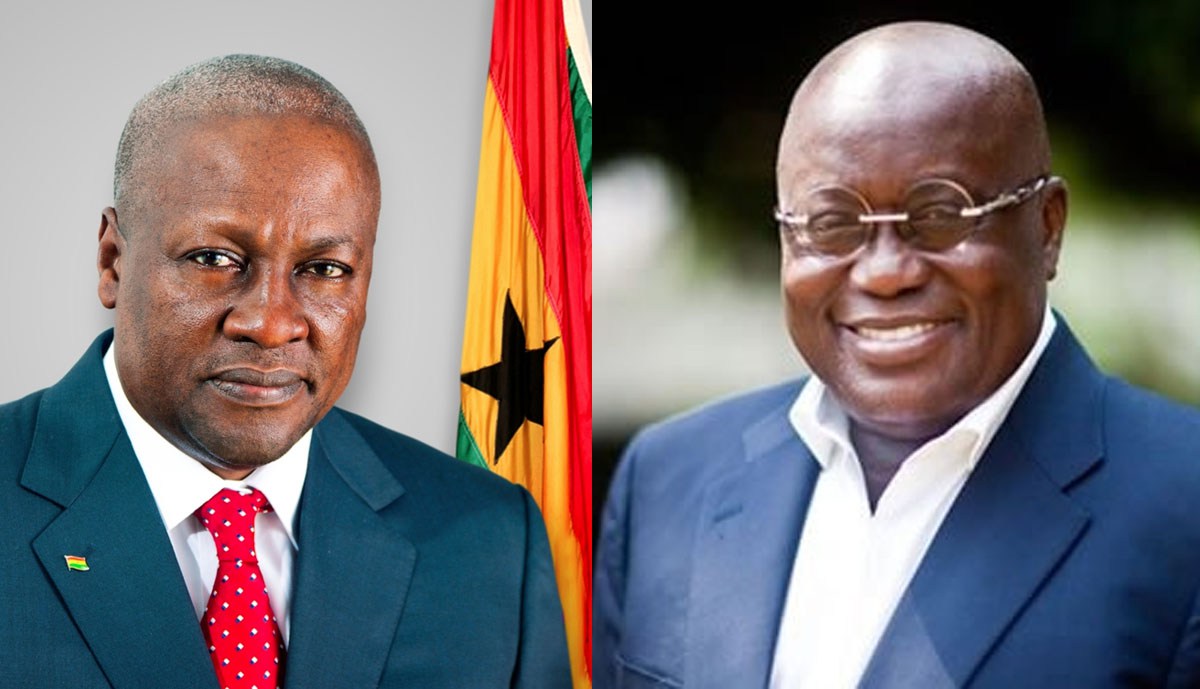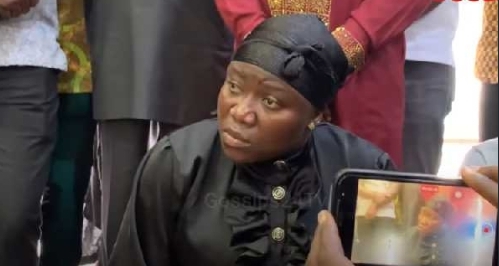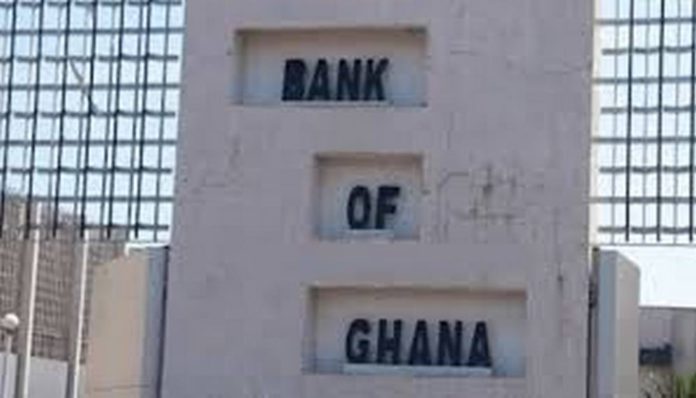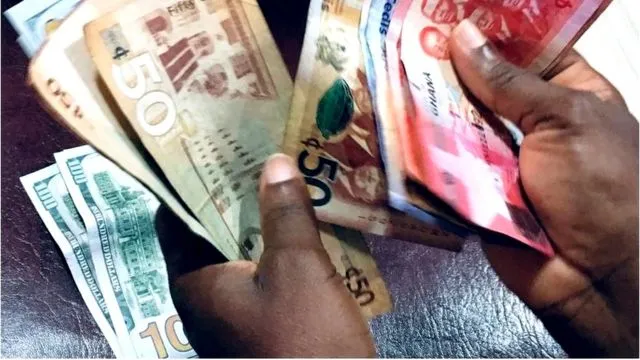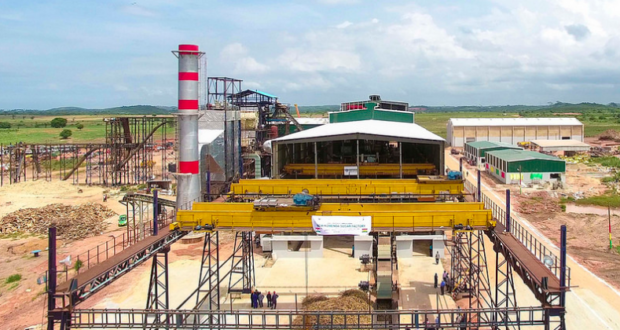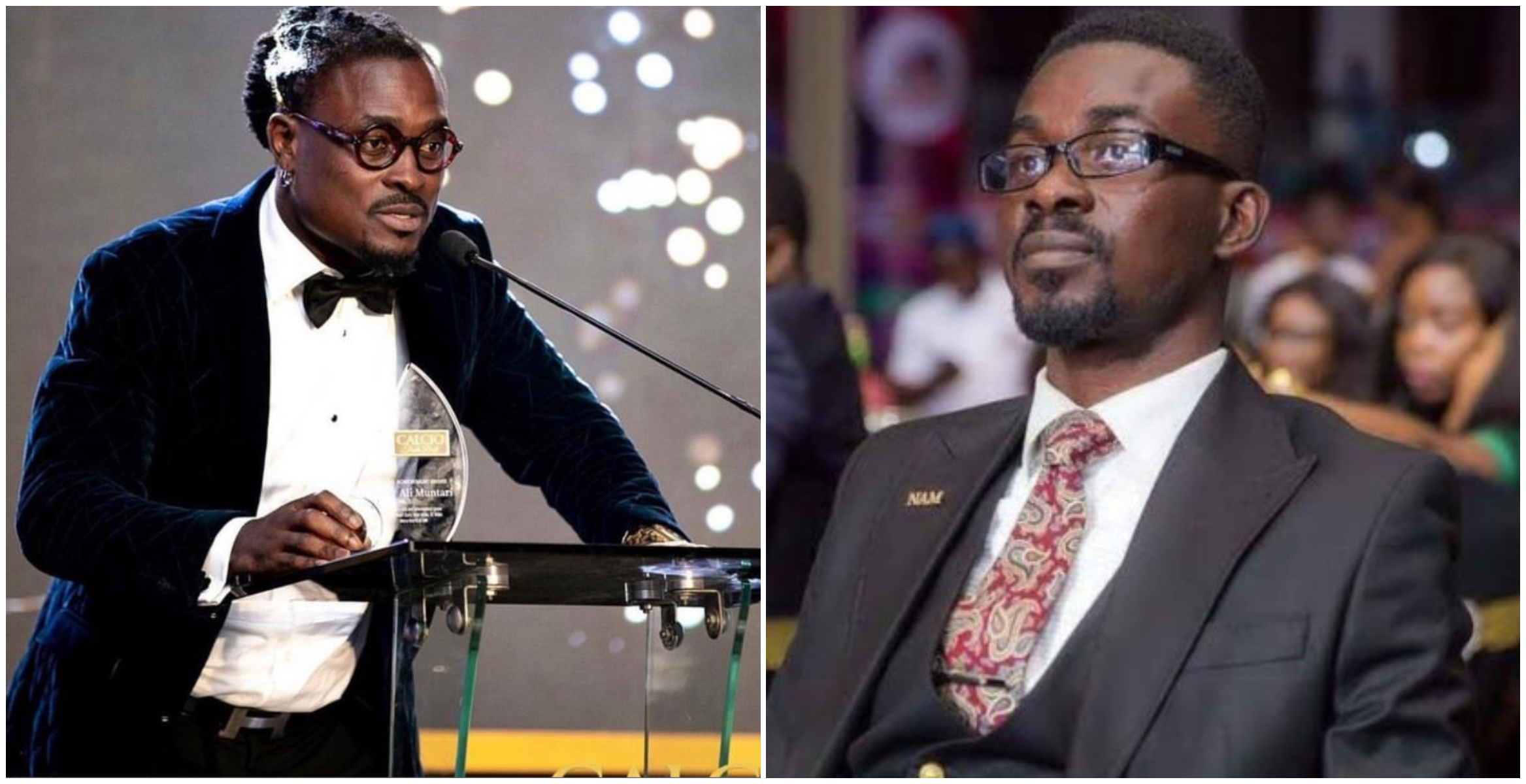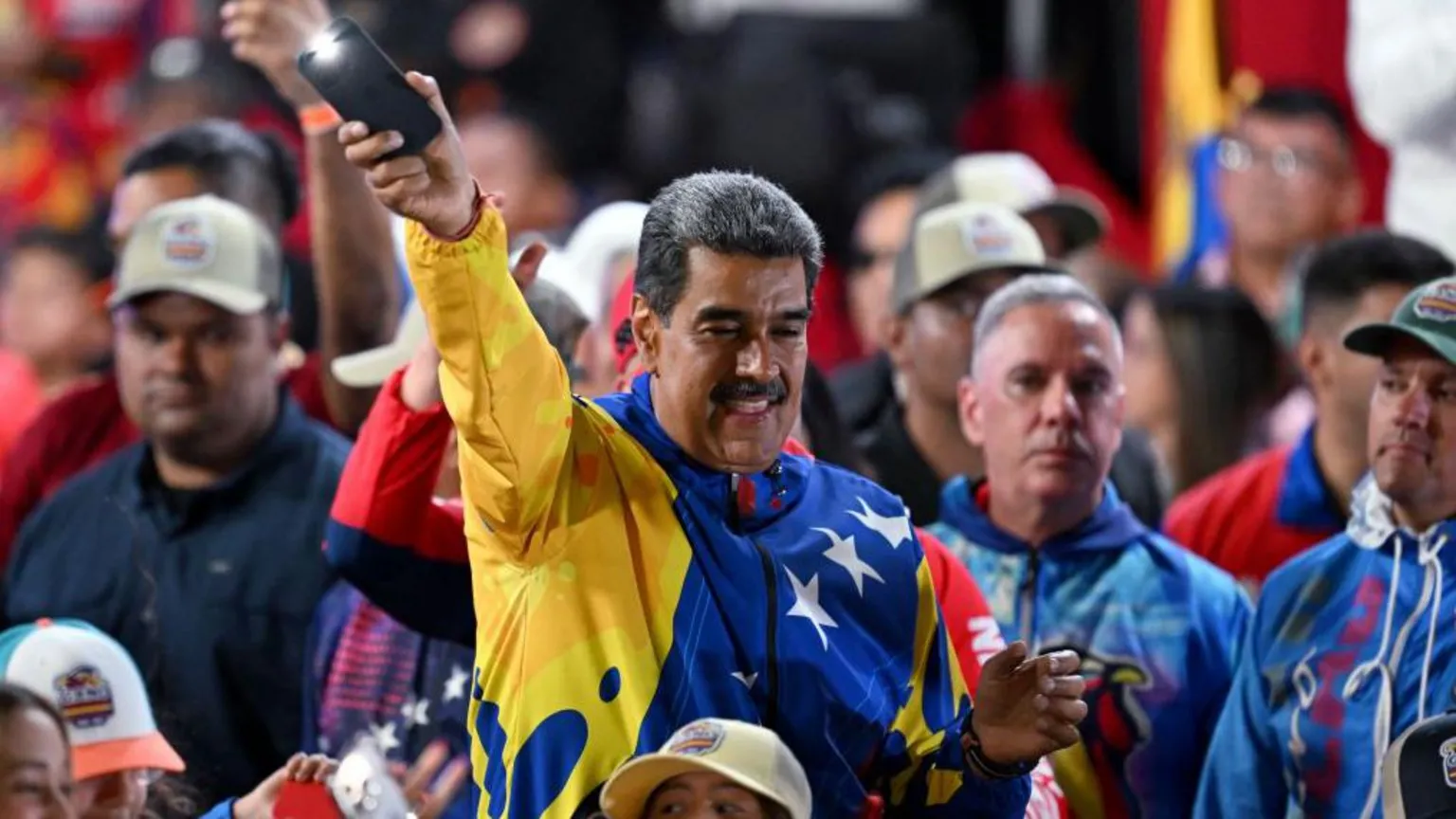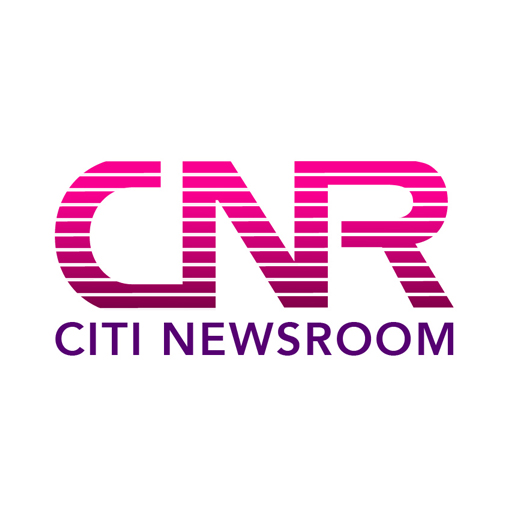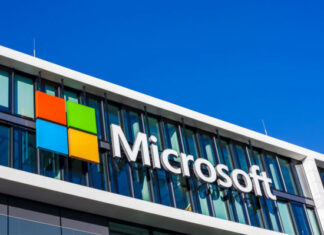“No amount of money is worth your vote, so don’t sell it,” NCCE to Ghanaians
The National Commission for Civic Education (NCCE) has urged Ghanaians to stop the growing trend of vote selling and buying. According to Mr. Paul Tetteh, the Assin Fosu Municipal Director of NCCE, many political aspirants resort to purchasing votes to secure their positions and subsequently recoup their investments through corrupt practices, thereby impeding the nation’s […]

The National Commission for Civic Education (NCCE) has urged Ghanaians to stop the growing trend of vote selling and buying.
According to Mr. Paul Tetteh, the Assin Fosu Municipal Director of NCCE, many political aspirants resort to purchasing votes to secure their positions and subsequently recoup their investments through corrupt practices, thereby impeding the nation’s growth.
He told the Ghana News Agency in an interview that, “no amount of monetary inducement should sway voters from exercising their civic duty with integrity.”
Vote-buying involves offering gifts, money, or other incentives in exchange for votes during elections.
Mr. Tetteh referenced instances during the recent parliamentary and presidential primaries of the New Patriotic Party and the National Democratic Congress where the practice was prevalent.
The methods of vote-buying vary, ranging from distributing money and food items to promising employment opportunities, scholarships, and other financial incentives.
He said the practice was punishable under the Representation of the People Act, 1992 (Act 284) which explicitly prohibits the practice of vote buying, stating that any person who offered, gave, or received money or gifts in exchange for votes committed an offence punishable by law.
In addition, the Criminal Offences Act, of 1960 (Act 29) also criminalises bribery in elections, further clarifying the legal consequences of vote buying and cautioning the public to eschew it.
On the part of the media, Mr Tetteh underscored the necessity for practitioners to refrain from facilitating politicians’ use of their platforms for insults and incitement of violence as the nation approached the December election.
He identified the culture of insults, misinformation, exchange of money for votes and ethnic divisive campaigning as threats to democracy in Ghana.
As the country prepares for the upcoming election, he called on the public to prioritise unity and constructive dialogue, emphasising the significance of engagement in the decision-making processes to hold leaders accountable for their actions.
Source: GNA
What's Your Reaction?















